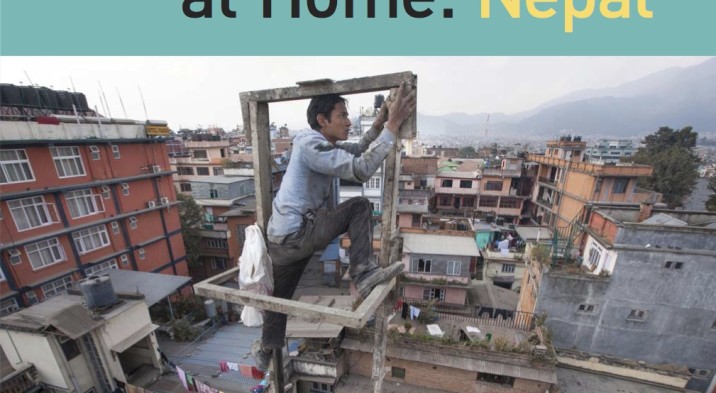
Open Society Foundations: Sarah Paoletti, Eleanor Taylor-Nicholson, Bandita Sijapati, Bassina Farbenblum
EXECUTIVE SUMMARY
Every month, nearly 16,000 Nepalis travel to the Gulf States for temporary work, and thousands more go to other countries in the Middle East. Much attention has been directed to the exploitation of low-wage migrant workers in the Middle East, where harms are commonplace and severe, and access to justice is limited. But the story of labor migration also begins and ends at home. Migrant workers commonly encounter a range of abuses during their recruitment in Nepal which makes them more vulnerable to exploitation abroad.
Based on a two-year empirical study, this report provides the first comprehensive analysis of the Nepali mechanisms that regulate labor migration, and provide redress to migrant workers who experience harms during recruitment and throughout the migration process. The study finds that despite Nepal’s efforts to protect migrant workers, it is generally failing to hold private recruitment companies and agents accountable, and the vast majority of migrant workers are unable to access justice in Nepal or abroad.
The report reveals that, with some notable exceptions, the law that governs recruitment and placement of Nepali migrant workers is relatively robust, but its implementa- tion and enforcement are weak. The report examines in detail each of the mechanisms that Nepal has established to enable workers to access compensation and other forms of justice when their rights are violated, and makes findings on the governance, operation, and effectiveness of each mechanism. The report also provides detailed recommendations for improvement, many of which could be implemented in the short to medium term.